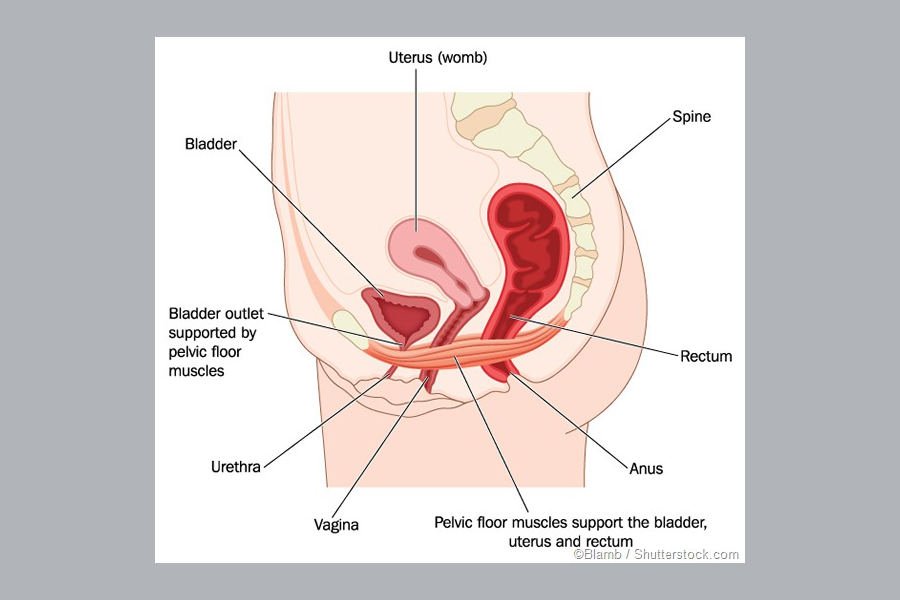The holiday season is a time for gathering with loved ones, sharing stories, and making cherished memories. However, for individuals dealing with incontinence, this festive period can bring anxiety and discomfort while trying to hide their incontinence. Incontinence, whether it’s urinary or fecal, is a common medical condition that affects millions of people worldwide, often due to age, illness, or injury.
People living with incontinence should consider sharing their struggles with their families for several important reasons. Discussing incontinence with family members may seem daunting at first, but open and compassionate communication is essential for both the affected individual and their family.
- Understanding and empathy – An incontinence diagnosis can lead to feelings of embarrassment, isolation, and shame. By addressing incontinence openly with the ones you love and trust, you can break down these barriers, help reduce the stigma, and foster empathy and understanding within your family.
- Support systems – Discussing incontinence helps loved ones provide you with the necessary support. Sharing this health issue may lead to better access to medical care and advice, as family members can help in seeking appropriate treatment options, and even offer rides to future medical appointments.
- Assistance and accommodations – Living with incontinence will likely cause you to carry daily supplies and need a space sufficient for changing or cleaning up. While visiting others’ homes for the holidays, special accommodations or assistance may be required. Asking loved ones to help accommodate these needs will take a huge strain off the stress of traveling over the holiday season.
Tips for Initiating the Conversation Around Incontinence
- Before starting the conversation, gather information about your incontinence, its causes, and available treatments. This knowledge will help you provide accurate and reassuring information to your family. Knowledge can also dispel myths and reduce stigma. Encourage family members to do their own research as well.
- Timing is crucial when discussing sensitive topics like incontinence. Find a quiet, private moment when everyone is relaxed, and distractions are minimized. The holiday season often provides opportunities for family gatherings, making it an ideal time to talk.
- Express your feelings and experiences using “I” statements to avoid sounding accusatory. For example, say, “I’ve been dealing with incontinence, and it’s been challenging for me,” rather than “You don’t understand how hard this is for me.”
- Create an atmosphere where family members feel comfortable asking questions. Be prepared to answer inquiries about your condition and its management. Understand that your family members may need time to process the information and adjust to the idea. Be patient and allow them to express their feelings and concerns.
- Maintain an ongoing dialogue about your condition. Share updates on your progress and let your family know how they can support you. Encourage them to share their thoughts and feelings as well.
- Let your family know how they can support you practically. Whether it’s helping you find the right products, accompanying you to medical appointments, or simply lending an empathetic ear, their support can make a significant difference.
Talking to family about incontinence during the holidays may initially seem challenging, but it’s a crucial step toward building understanding and empathy and creating a strong support system. By choosing the right time and place, using “I” statements, and educating your family, you can create an environment where open dialogue and support flourish.
Remember that patience and empathy are key, as your family learns to navigate this new aspect of your life together. In doing so, you can transform the holiday season into a time of connection and support, strengthening your bonds and making lasting memories.
You may find these and other articles related to incontinence helpful to share with family:
Request Your Free Copy of Our Living Well with Incontinence Guide
You can find more helpful holiday-based articles on our community site, such as these:






















